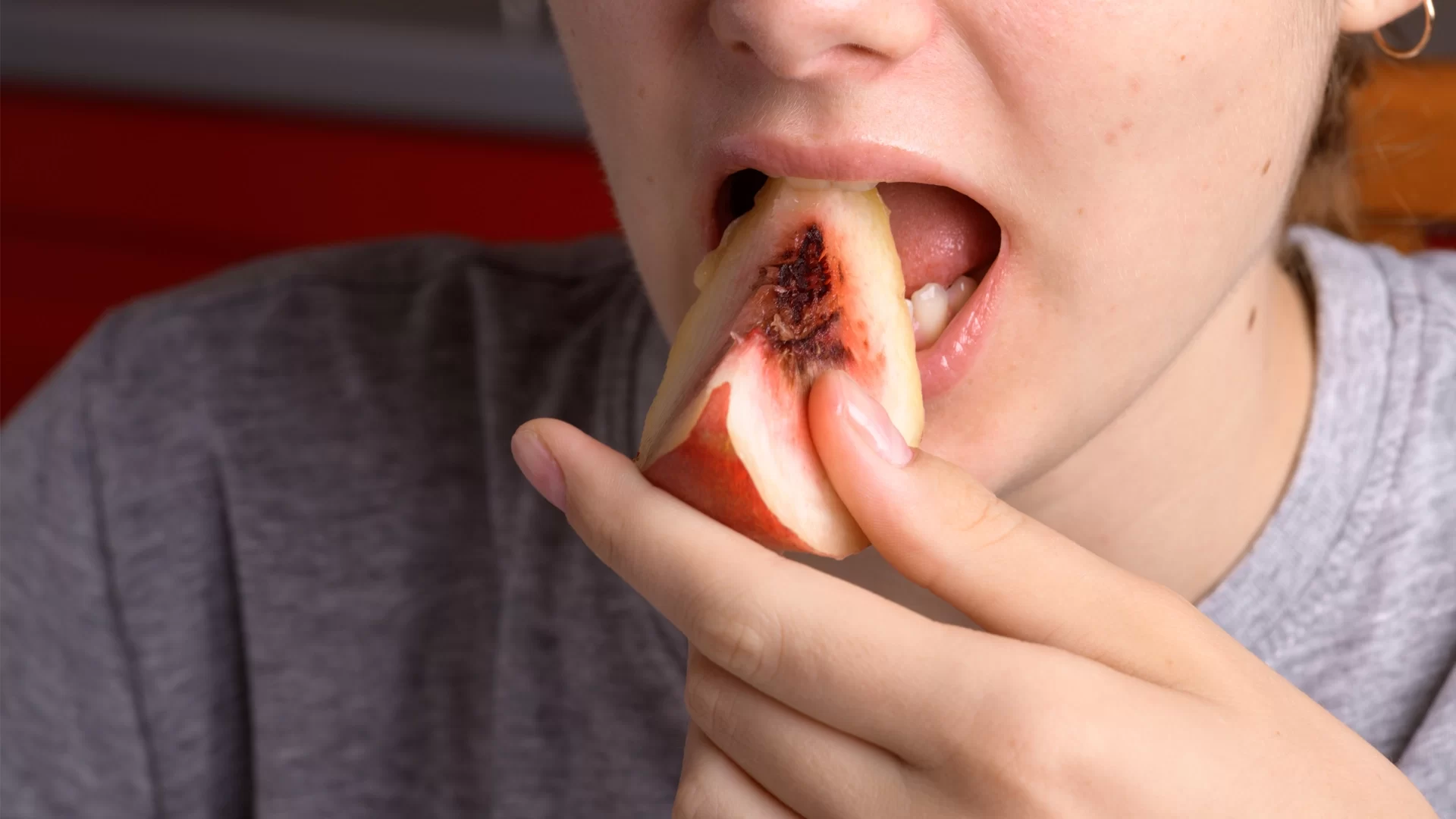
How Eating Habits Can Prevent or Exacerbate Gum Disease: Diet Tips for Healthy Gums
- 1. Understanding Gum Disease
- 2. The Impact of Diet on Gum Health
- 3. Foods That Help Prevent Gum Disease
- 4. Foods That Can Worsen Gum Disease
- 5. Personal Story: How Changing My Diet Improved My Gum Health
- 6. Tips for Maintaining Healthy Gums Through Diet







 Acworth Smiles Dentistry4.0 (145 review)
Acworth Smiles Dentistry4.0 (145 review) Ryan J Donovan DMD, MS, PA Periodontics And Dental Implants4.0 (113 review)
Ryan J Donovan DMD, MS, PA Periodontics And Dental Implants4.0 (113 review) New Lenox Dental Group4.0 (46 review)
New Lenox Dental Group4.0 (46 review) Clubhouse Pediatric Dentistry5.0 (208 review)
Clubhouse Pediatric Dentistry5.0 (208 review) NuSet Dental Implants and Oral Surgery of Scottsdale4.0 (20 review)
NuSet Dental Implants and Oral Surgery of Scottsdale4.0 (20 review) Simply Beautiful Smiles of Abington, PA4.0 (142 review)
Simply Beautiful Smiles of Abington, PA4.0 (142 review) The Importance of Oral Health Education During Pregnancy for a Healthy Pregnancy
The Importance of Oral Health Education During Pregnancy for a Healthy Pregnancy Best Tips for Brushing Your Teeth Properly for Healthy Gums: Essential Techniques for Oral Health
Best Tips for Brushing Your Teeth Properly for Healthy Gums: Essential Techniques for Oral Health Why Skipping Dental Checkups Can Lead to Bigger Oral Health Problems
Why Skipping Dental Checkups Can Lead to Bigger Oral Health Problems Advantages of Porcelain Dental Restorations
Advantages of Porcelain Dental Restorations How Can Diabetes Cause Tooth and Gum Problems? Preventing and Managing Oral Health Issues
How Can Diabetes Cause Tooth and Gum Problems? Preventing and Managing Oral Health Issues Healthy Habits for Promoting Good Oral Health and Hygiene: Tips for a Healthy Smile
Healthy Habits for Promoting Good Oral Health and Hygiene: Tips for a Healthy Smile